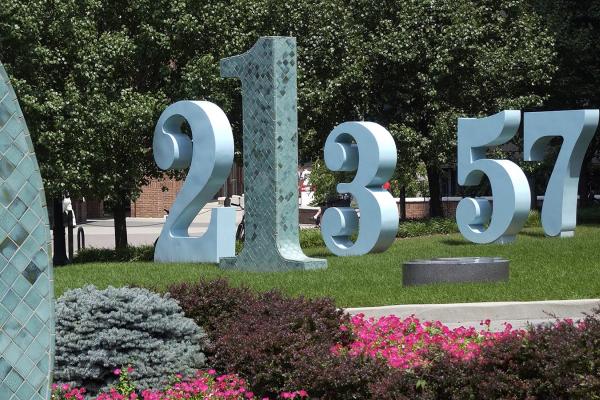
Joseph M. Rosenblatt
University of Illinois Urbana-Champaign
Title
Approximate identity using singular measures
Abstract
We investigate the almost everywhere convergence of sequences of convolution operators given by probability measures $\mu_n$ on $\Bbb R$. Assume that this sequence of operators constitutes an $L^p$-norm approximate identity for some $1\le p<\infty$. We ask, under what additional conditions do we have almost everywhere convergence for all $f\in L^p(\Bbb R)$.
We focus on the particular case of a sequence of contractions $C_{t_n}\mu$ of a single Borel probability measure $\mu$, with $t_n\to0$, so that that the sequence of operators is an $L^p$-norm approximate identity. If $\mu$ is discrete, then no sequence of such contractions can give a.e. convergence for all of $L^p(\Bbb R)$. If
$\mu$ is absolutely continuous with respect to Lebesgue measure, then there is a sequence $(t_n)$ such that
a.e. convergence holds on all of $L^1(\Bbb R)$.
But when the measure $\mu$ is continuous and singular to Lebesgue measure, obtaining a.e. results for some sequence $(t_n)$, is more challenging. Such results can always be obtained on $L^2(\Bbb R)$ when $\mu$ is a Rajchman measure. For non-Rajchman measures obtaining a.e. results on $L^2(\Bbb R)$ is sometimes possible, but not easy. In fact, it may be the case that there is a continuous, singular probability measure $\mu$ for which there is no sequence $(t_n)$ tending to zero with $C_{t_n}\mu\ast f\to f$ a.e., even just for all $f\in L^\infty(\Bbb R)$.
